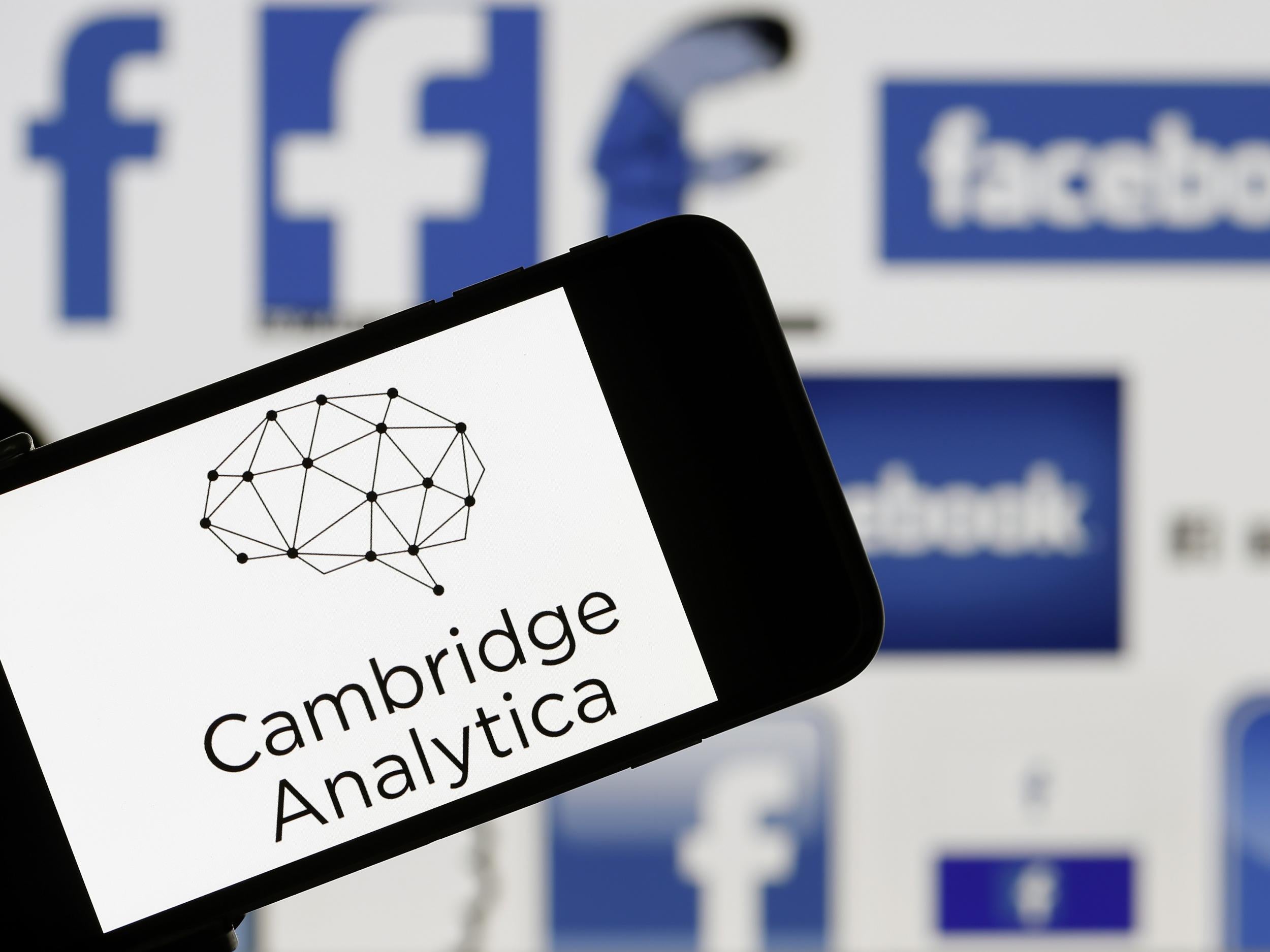In retrospect, it always seems obvious.

Person or Company X becomes famous, and, inevitably, they fall out of favor. I’m thinking of people like Tiger Woods, Newt Gingrich, Richard Nixon and others. I’m thinking of eToys, Yahoo!, Webvan and others.
Now, it’s Facebook’s turn.
Much has been written about the data leakage scandal, and I won’t go into the details here. But, I’m a big believer that Facebook and the targeted-ad model are here to stay. Their value propositions will be tweaked, but, fundamentally, their business model is the same: getting you to pay attention to an ad.
Here’s my thinking:
- They’re at scale. Facebook and Google account for over 70% of digital advertising (source). So, if you’re a major brand and want to run a campaign that can move the needle, you’ll still go to Facebook.
- Part of the current reaction is emotional. Yes, an academic should not have shared data to Cambridge Analytica. But, that the political ads were bought for the Trump campaign, IMO, is a reason why so many of us are aghast. The Obama campaign used legitimately-sourced data, but were admired for their cutting-edge use of Facebook to increase turnout.
- Ad targeting happens all the time. It started with direct mail. Credit card companies gathered a lot of data on you and then sent credit card offers through the mail. They tweaked those offers over time as they got more data. I once interviewed at Capital One. Replace the words “credit card offers” with “Internet ads,” and it is basically the same business model.
- Ads are here to stay. Every time we turn on a TV channel, read a digital or paper newspaper, or play a free phone game, ads come up. Ads either subsidize our subscriptions or make things free to us. They’re good for consumers on average. Unless people want to pay for a social network, ads are inevitable.
- Ad targeting is here to stay. We now call it “A.I.,” but targeting is really about gathering data, running algorithms and doing constant A/B testing to fine tune. Catalog companies, such as LL Bean and Lands’ End, are masters at this. High-speed stock traders have been doing this for decades. On the digital side, Data Management Platforms, or DMPs, have been doing this for a long time.
- Tech is great for jobs. Wages are high, pollution is minimal, and companies can scale. Congress knows this. I’m sure Facebook has extremely influential lobbyists in its camp.
So, how does this all sort out?
I suspect Facebook will manage the optics to ensure better privacy. They’ll do what they need to in order to avoid regulation. Hence, their new privacy UI.
I this morning went through their new privacy checklist for users. There really isn’t much new there.
Also, they yesterday announced restrictions for third-party vendors. It just means that rather than fully outsourcing to outside developers, Facebook will “up its garden wall” and do more in-house for brands.
Over time, they will let in third-party apps but vett them. Those apps won’t go away. Facebook’s biggest advertisers use them.
So, brands now may have to take off their shoes before they go through airport security. But, the planes will still take off.
Ultimately, we may move to the EU’s privacy model. The most clear sign of that is a user has to “opt in” and understand that digital cookies are being deployed on a site they visit.
Facebook will do what it needs to in terms of optics to assuage Congress and the public. Zuckerberg will testify before Congress. Sheryl already is making the rounds on TV. They’re managing the optics.
But, in the end, the ad model stays. We all want free goods and will deal with ads to get them. Until that changes, just know that in a “black hat” hacker world, nothing we do online is ever fully private or safe.
